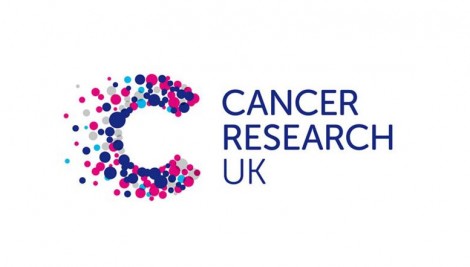FDA approves IV bevacizumab for recurrent metastatic cervical cancer
The US Food and Drug Administration has approved bevacizumab solution for intravenous infusion (Avastin, Genentech, Inc.) for the treatment of persistent, recurrent or metastatic cervical cancer, in combination with paclitaxel and cisplatin or paclitaxel and topotecan.
The approval is based on the results of an international, randomised, four-arm, two-by-two factorial design trial with two primary comparisons of overall survival (OS).
The first comparison was between bevacizumab plus chemotherapy versus chemotherapy alone.
The second comparison of OS was between the platinum doublet versus the non-platinum doublet chemotherapy irrespective of addition of bevacizumab.
The trial enrolled 452 patients: 227 patients were assigned to receive chemotherapy and bevacizumab, and 225 patients were assigned to receive chemotherapy alone.
The chemotherapy could be either paclitaxel in combination with cisplatin or paclitaxel in combination with topotecan.
Treatment continued until disease progression, unacceptable toxicity, and/or consent withdrawal.
All enrolled patients had GOG performance status of 0 or 1, 80% had received prior radiation and 74% had received prior chemotherapy concurrent with radiation.
The key efficacy assessment in the first primary comparison of OS demonstrated a statistically significant improvement in patients who received bevacizumab and chemotherapy compared to those who received chemotherapy alone (HR=0.74; 95% CI: 0.58, 0.94; p= 0.013, log-rank test).
The median survival of patients who received bevacizumab and chemotherapy was 16.8 months (95% CI: 14.1, 19) compared to 12.9 months (95% CI: 10.9, 15) for those receiving chemotherapy alone.
For the second primary comparison of OS, the paclitaxel plus topotecan with or without bevacizumab arms did not demonstrate an improvement in OS compared to the paclitaxel plus cisplatin with or without bevacizumab arms [HR 1.15 (95% CI: 0.91, 1.46)].
However, the HRs for addition of bevacizumab to either chemotherapy regimen were similar (HR 0.72 for paclitaxel/cisplatin and HR 0.76 for paclitaxel/topotecan).
The results suggest that the regimen of paclitaxel with topotecan plus bevacizumab is an acceptable alternative for women with advanced cervical cancer who are not candidates for platinum treatment.
The most common adverse reactions (greater than or equal to 20%) in patients treated with bevacizumab and chemotherapy were fatigue, decreased appetite, hypertension, hyperglycemia, hypomagnesemia, urinary tract infection, headache and decreased weight.
Gastrointestinal perforations were reported in 3.2% of bevacizumab-treated patients, all of whom had prior pelvic radiation.
Gastrointestinal‑vaginal fistulae occurred in 8.2% of bevacizumab‑treated patients and 0.9% in control patients, all of whom also had prior pelvic radiation.
In addition to gastrointestinal perforation and fistulae, several other grade 3 or greater adverse reactions were also more common in patients receiving chemotherapy plus bevacizumab, including venous thromboembolic events, haemorrhage, hypertension, proteinuria, and wound healing complications.
The recommended dose of Avastin is 15 mg/kg every three weeks as an intravenous infusion administered in combination with one of the following chemotherapy regimens: paclitaxel and cisplatin, or paclitaxel and topotecan.
Source: FDA
























